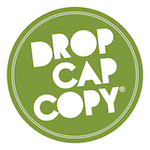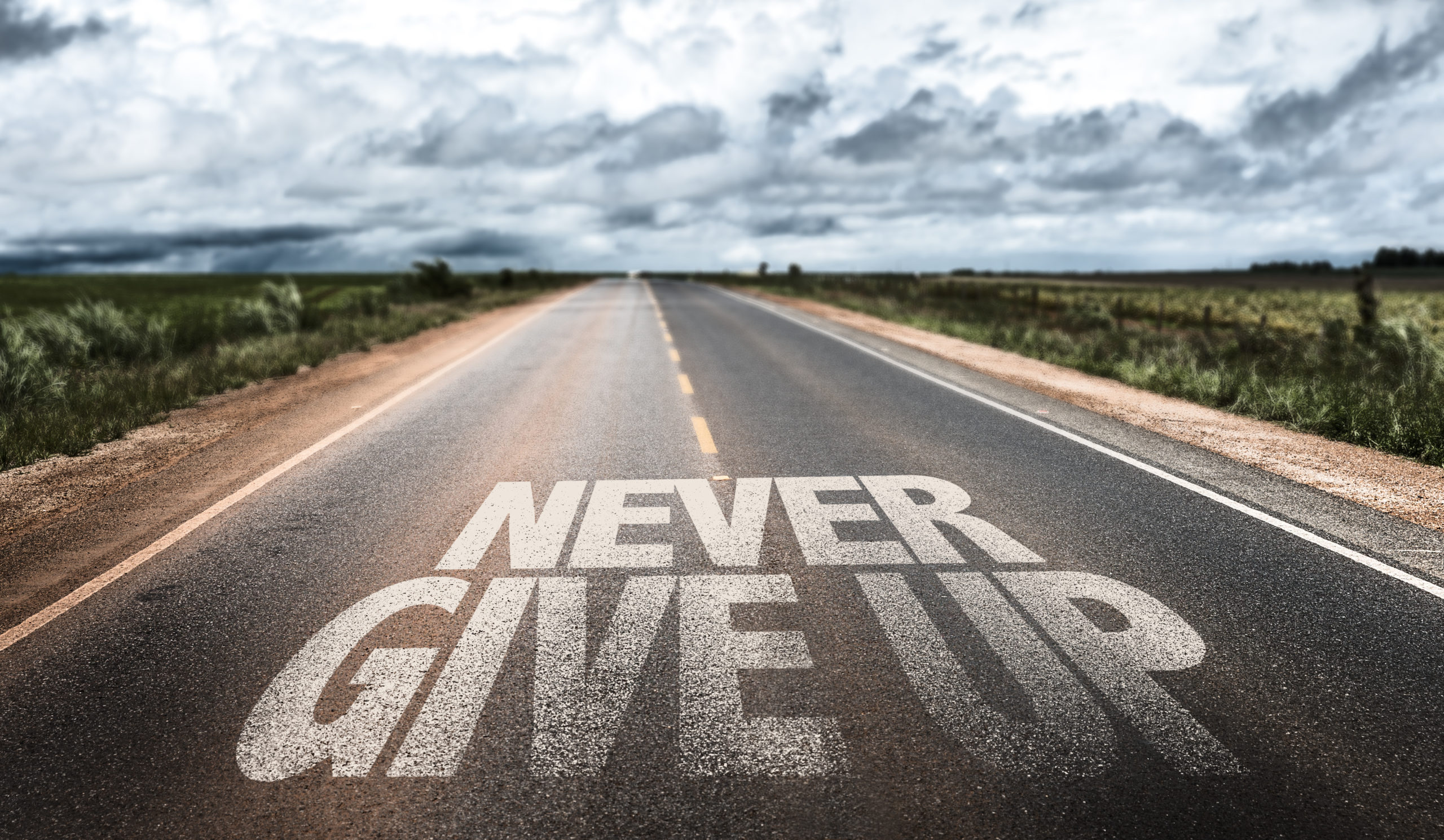
So, you’re looking to get your freelancing groove on in 2024, but where the hell do you start?
I’m sharing a few of my own plans and evergreen tips on what to do, how to do it, and how to survive. All things that helped me when I ditched office life.
Making that leap from the comfort of your paid job with all its perks (even if you do hate it) to the stark reality of freelance life can be a bit of a culture shock. There are a ton of things to think about beforehand. But while freelancing isn’t for everyone, the freelance lifestyle pros far outweigh the cons – in my humble opinion. So let’s look at how to start freelancing.
Don’t fall for freelancing clichés
As a full-time freelancer of eight years, you could say I’ve learnt a thing or two about freelance life. The ups and downs. The pleasures and pains. And what I needed to do to ensure I didn’t go back to my old boss to see if I could get my old job back.
If you have a dream, a calling, or an urge to ‘go freelance’, it’s easy to get distracted by the obvious upsides to working from home before you actually do it. Yes – getting dressed to work is optional (though you’ll need to if you’re in a co-working space). You can do as little (or as much) as you want or need to, and you can sit and work in coffee shops all day if you want to.
True as they may be, they’re straight out of the big book of freelancing clichés. Any job comes with its fair share of trials and tribulations – and stresses – including freelancing. But however much you love or hate your job at the moment, there’s a lot of extra stuff that comes with it that definitely makes your life much easier. So let’s start with where you’re at right now…
Your employment benefits

These guys are loving their office jobs
It’s important to make sure you get your head around the instant – and fundamental – change freelancing brings. Your current job will come with certain perks and benefits that you might not even see as a perk or a benefit – you just take them for granted.
I’m not trying to put a downer on your freelance dream before it’s even begun. Hell, I’m a committed freelance advocate after all, but making the leap does include some big changes that deserve a lot of thought. So, first, let’s have a look at some of the things you stand to lose on day one of your freelance career.
✅ Regular income
You know how much you’ll get paid each month. You also know when it’s going to be conveniently paid straight into your bank account.
✅ Tax and NI
All your official deductions are taken care of for you by your long-suffering Payroll team. Easy for you – and no worries about dealing with HMRC.
✅ Pension
It’s now law that employers must pay into a workplace pension for you if you earn over £500 per month. A great way to help you save for later life.
✅ Paid holiday
This differs for every employer. But full-time employees can often get up to 28 days of paid holiday each year (or more in the public sector).
✅ Sick leave
Whether you need a couple of days to get over a cold, or serious recovery time after an operation, paid sick leave is a massive bonus.
✅ Colleagues
Can’t work with them, can’t work without them. Regardless of how irritating or brilliant they are, there’s much good stuff to be said about working with others.
It is not an exhaustive list, but it outlines some of the biggest advantages of full-time employment. And while no job can ever really be 100% secure, this lot gives you a pretty good safety net. But as you move into your freelance life, it’s all down to you, baby!
How To Start Freelancing – without a safety net
While the list of what you give up makes it looks like you’d have to be actually insane to go into freelancing, what does it all mean?

Lots to think about, but it’s worth it
Firstly, you’ll need to manage your own income. Making sure you have enough money coming in to pay your mortgage or rent each month. And have a few quid left over for essentials – like food and rent.
Following that, you’ll need to balance your own books. That means keeping track of all your financial incomings and outgoings and making sure you can pay your self-assessment tax bill. Not forgetting those pesky Payments on Account every January and July.
You also might want to make regular payments into a pension scheme to give you something that resembles a nest egg when you want to retire. The state pension in the UK is one of the lowest in Europe – currently £203.85 per week* – so you’re gonna need extra, that’s for sure. *correct at January 2024
Your paid holiday will also become a distant memory. From now on, if you’re not working, you’re not earning, however well-deserved your holiday is. Or you could look at it like you now have unlimited holiday.
And as for sick pay… many freelancers will struggle on if they’ve got a cold or minor injury. But sometimes working isn’t an option until you’re fully recovered. So again, if you’re not working, you’re not earning. There is insurance you can take out to cover you for loss of earnings if you need to, but they can be littered with caveats.
And as for colleagues? Well, in any office, they can be the bane of your life with all the politics that goes on. But if you’re working alone as a freelancer, you can often miss the laughs and camaraderie that goes with it.
These are just a few things to think about before going live without a net. Freelancing isn’t for everyone, but it does offer a way of working on your own terms in an area you’re good at, that’s more in tune with how you want to live.
What next?
So that’s a few of the harsh realities and uncomfortable truths out of the way. If you’re OK with them, and you’re still wondering how to start freelancing, what next?
I can only base these next steps on my own experiences and what worked for me to hitch a ride on the freelance train as a copywriter. There are a ton of websites, blogs, and books out there to help you succeed on your own journey to freelance nirvana. You’ll just need to figure out what the best route is for you to take to get you there.
1. Have a plan

Have a plan
Don’t quit your job without a plan. Set up your basics while you’re still working. Have a goal that’s realistic in timescale and affordability. Get your social media and website sorted, and figure out (the best you can) who you want to work for and the type of clients you want.
Also, use your employed time to build a financial buffer. This is really important. If you quit without some cash behind you, you’ll be flying by the seat of your pants. I saved up everything I could for well over a year, including money from freelance work I’d already picked up (more on that below). That meant a long period of thrift and sacrifice. So no indulgent or non-essential purchases.
If you’re committed to working as a freelancer, no matter how much you hate your job at the moment, use it as motivation to get you there quicker. But whatever you do, get a plan and stick to it – and don’t get carried away.
2. Get a website

Get a website
I worked with a top web developer in my full-time job, so I approached him to create my first site. A basic, single-page WordPress site that I could add a blog and sample pages to. Along with that came a domain email address.
While he was creating that, I was busy getting content ready for it. Of course, being early days, I had no samples of any paid work to go on there, so I improvised. I’d already completed a copywriting distance course, so I uploaded my final pieces and some blogs I’d written.
None of it lasted too long on there, but the point is, even if you have no clients, you have somewhere you can point them. They’ll be able to get a flavour of what you can do, and it’s all ready to add real client samples to when you can.

Get social
These days it’s easier than ever to create your own site using WordPress, Wix, or Squarespace. It doesn’t have to be forever, but it’s an easy money-saving option until you get or can afford the site you want or need.
And don’t forget your social media. Twitter (or ‘X’), Instagram, Threads, Facebook, even Tik Tok are essential tools for spreading the word about your new venture. Shout about yourself, blow your own trumpet – they’re great channels to get your personality across.
And while you’re at it, get yourself a LinkedIn page. This platform is a bit marmite, but it can be a powerful tool for making useful contacts and finding work if you use it well. Keep your page professional, and use a decent headshot for your profile pic.
3. Finding your clients

Finding your clients
This isn’t easy, especially when you’re coming to freelancing cold and without a work portfolio to back you up. I cold-emailed half a dozen local businesses I’d identified as being ones I’d like to write for. I introduced myself, what I could do, and how I could help them.
While there are no guarantees with this approach, I was lucky. It resulted in my first paid copywriting job (two short pieces of editorial to appear in a local paper). But because I was still in my job, I didn’t have the pressure of having to find clients immediately.
Doing this gave me a handful of clients and got me used to doing freelance work, getting paid, and saving money. Quitting your job and going freelance is the ultimate goal, remember? But clients can come to you in a variety of ways – through chance, coincidence, dumb luck, or long gameplay – so don’t think you need to hustle and market yourself to death all the way. Find out how I managed to find freelance clients over the years.
Though not easy, the other way to find new clients, directly or indirectly, is to network. This leads us uncomfortably to…
4. Go networking

Networking is good for you – kind of
A freelancer’s pet hate as a lot of us are natural introverts who prefer to work alone. But that doesn’t help much if you’re looking to make a name for yourself and gain clients. In my early days, because I really (reeeaaallly) wanted to start freelancing, I knew I’d have to leave my social awkwardness at the door and dive right in.
There are plenty of networking events out there, some may say too many, but keep your eyes peeled for ones you might find useful. The Chamber of Commerce often puts on free, local ‘Meet The Chamber’ events. They’re designed to tempt you into joining up (not that that’s a bad thing), but there’s often a good mix of local businesses in attendance. If nothing else, it will give you a good networking experience.
And look out for any LinkedIn Local events that are near you. If you’ve set up your LinkedIn page and profile, this is a great opportunity to actually meet your connections face to face and make new ones. Make sure you search and follow the ‘#linkedinlocal’ hashtag on LinkedIn (obvs) and check out Eventbrite and social media for events happening in your town or city.
But don’t go to every event thinking you’ll get instant results and lots of new clients. To network is to play a long game where you need patience and persistence. Embrace the ‘meet, like, know, trust’ principle – at some point, your name might reach your ideal client.
The best way to approach events is to go in with the intention of having conversations. Be approachable, ask questions, and don’t start selling. If you’re feeling the fear about the whole networking thing, I wrote a blog outlining four things you need to know to make it a success.
COVID-19 put a stop to almost all face-to-face networking for obvious reasons and moved online with Zoom virtual meet-ups happening all over the place. But real networking is back, although plenty of online networking groups are still doing good things.
5. Buddy-up with agencies

Agencies need YOU
It’s a fact. Many creative agencies – web, digital, and marketing – use freelancers. Helping them to run a manageable business, an agency might only employ a small team and won’t be able to do everything in-house. But they will have a valuable network of freelancers they can call upon when the time – and project – calls for it.
This is a tactic I used, and I set up meetings with about half a dozen of them. I emailed them, purely speculatively, introducing myself, what I did, and how I could help them. This led to meetings with them all and an ongoing working relationship with many that continue to this day.
This will work for any creative industry like copywriting, photography, videography, or illustration. So get in touch with them and make yourself known – you could be exactly what they’re looking for. And you might become their ‘go-to’ person whenever their project needs your specialism.
Now it’s down to you
I love freelancing. I get to do work I enjoy for businesses that know the value of good copy – and I can work to my own schedule. But while I recommend the freelance life to anyone, you need to give it a lot of thought and make sure it works for you. There are no guarantees, but having a plan and sticking to it can be the launchpad you need for a successful career doing something you love and that you’re good at.
For a recommended reading list to help you get started, make sure you read my list of 7 of the best books for freelancers (now updated to include a few more essential reads). It’s a goldmine of wise words from those who have been there and done it already.
You’re never on your own as a freelancer…
Freelancing can be a lonely pursuit at times, but you’re never on your own. Over time, you’ll find yourself building up a network of colleagues and other freelancers. As you connect through social media and in real life, they’ll all feel your pain. But they’ll recognise the pleasures too, and understand the rollercoaster ride that makes freelancing what it is.
Follow other freelancers on Twitter who are in the same field as you, and you’ll have a wealth of information, help, and support at your fingertips. Reach out to them when you need help. With all the knowledge and experience out there, you’ll be glad you did.
And there are loads of Facebook groups dedicated to freelancing of any persuasion (Freelance Heroes, for example). They can be a brilliant sounding board if you need any help or want to ask for advice – and a good distraction if you’re feeling the pressure. Plus, they’re closed groups, so you can ask or discuss anything without it going public.
And, as a long-term member, I always recommend the Being Freelance group. This was on Facebook for a long time but has now moved onto the Circle platform. Spoiler: it IS a subscription platform, so you’ll pay a monthly fee, but the depth of knowledge in there, together with the good people, good vibes, and tons of extra stuff, make it very much worth it. Find out more at the Being Freelance website. See you over there!
So now it’s down to you. Are you ready to make that leap into freelancing in 2024? I hope so. Good luck, and let me know how you get on.




